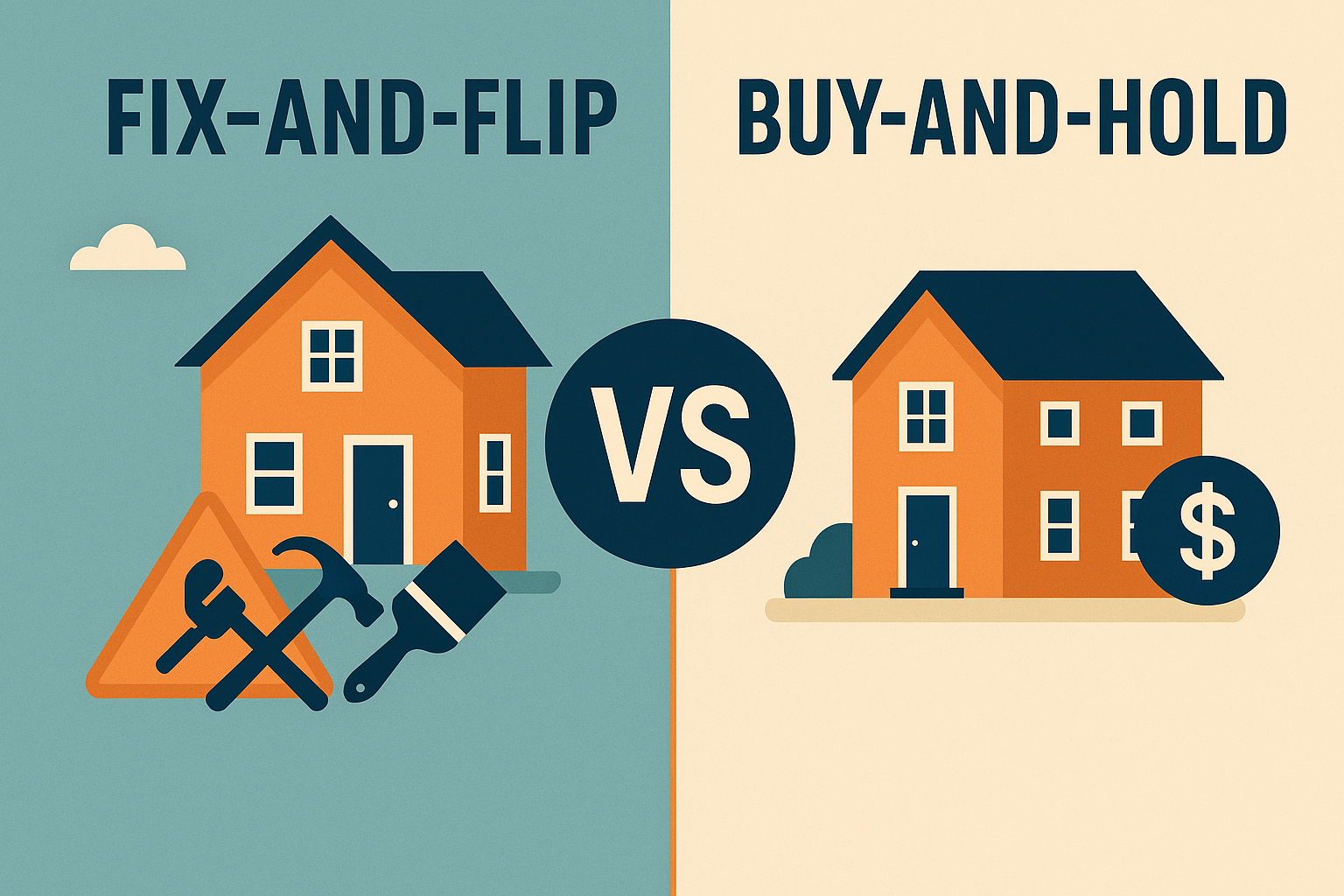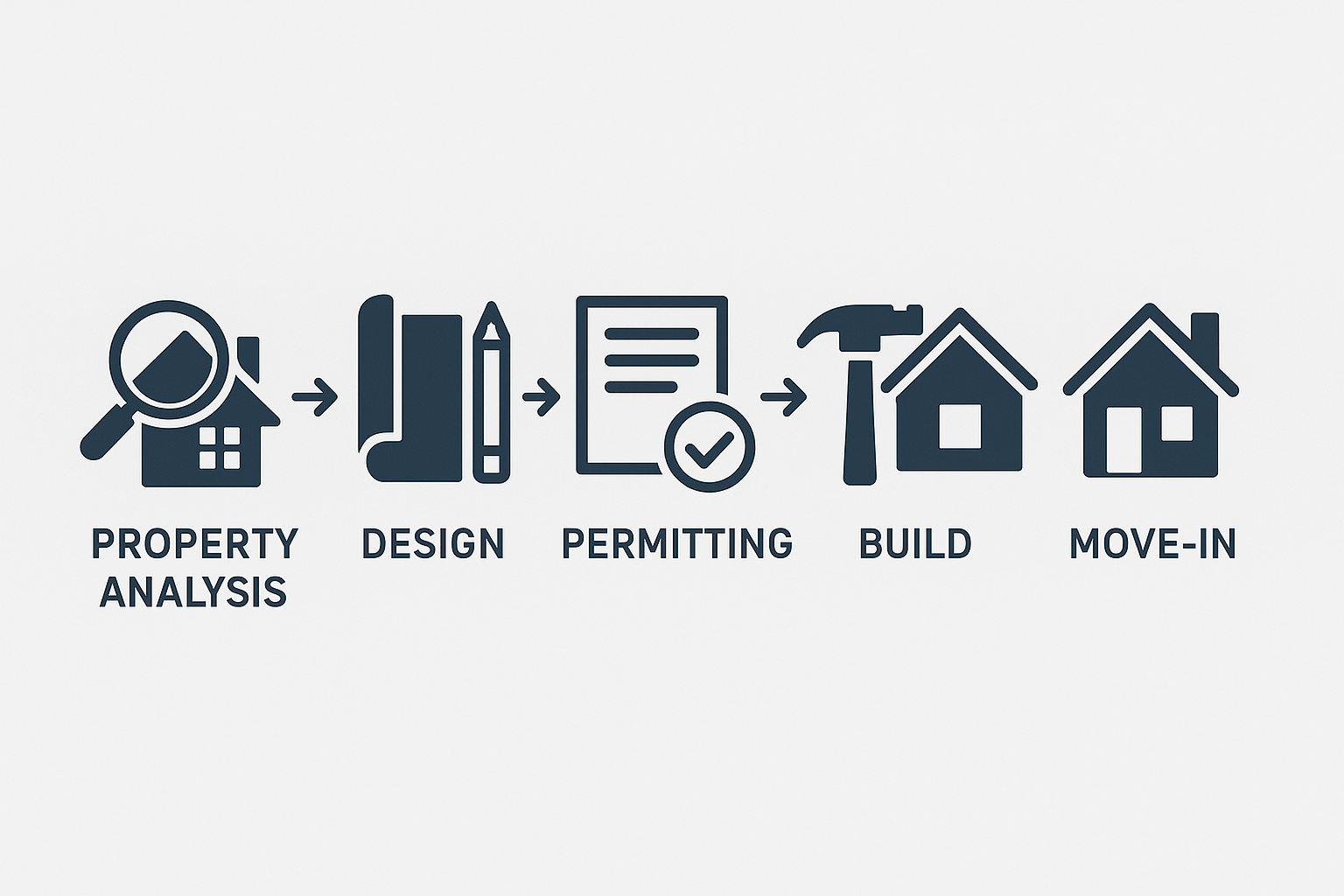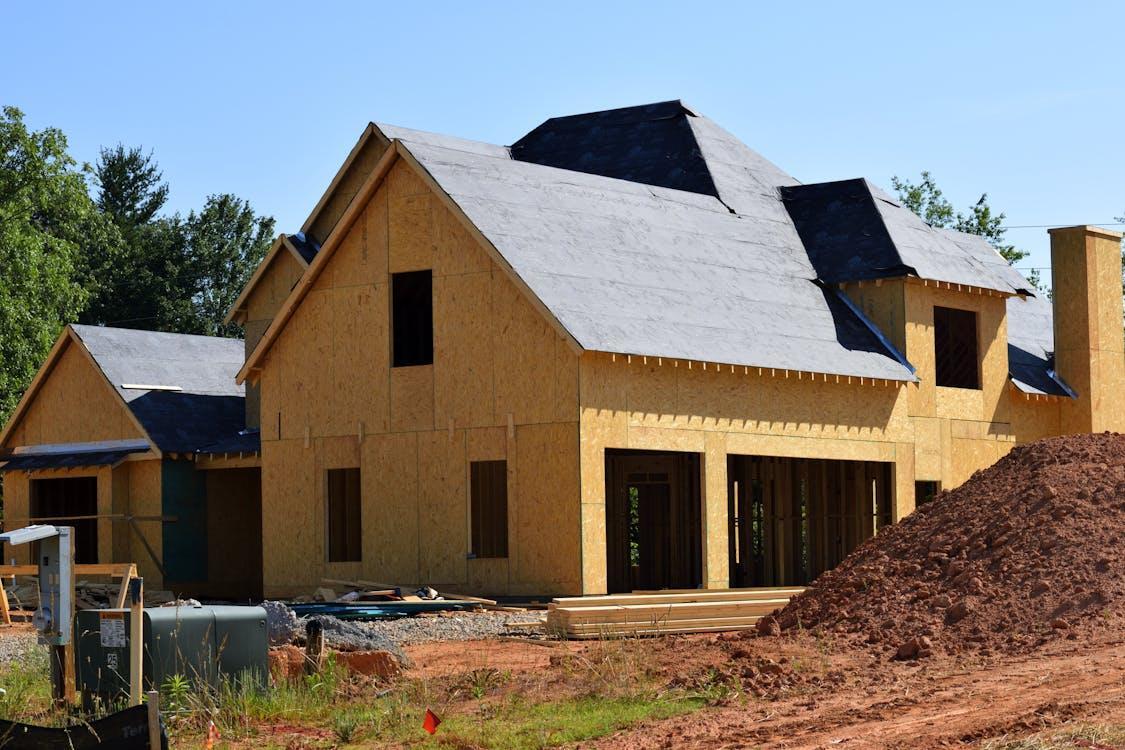When it comes to real estate in Michigan, investors often face the decision of whether to pursue short-term or long-term rental strategies. Each option comes with its own set of advantages and challenges, making it essential to understand which approach aligns best with your investment goals and the specifics of the Michigan market.
Understanding Short-Term Rentals
Short-term rentals, often listed on platforms like Airbnb and VRBO, cater to guests staying for a few days to a few weeks. This strategy has become increasingly popular in tourist-heavy areas and urban centers.
Advantages of Short-Term Rentals
- Higher Rental Income: One of the most compelling benefits of short-term rentals is the potential for higher rental income. Nightly rates are typically higher than the equivalent nightly rate for long-term leases, leading to increased overall earnings, especially during peak tourist seasons.
- Flexibility: Short-term rentals offer greater flexibility for property owners. If you want to use the property yourself for certain periods, it’s easy to block out those dates on rental platforms.
- Tax Benefits: In some cases, short-term rentals can offer tax advantages. For example, the IRS allows homeowners to rent their property for up to 14 days a year without reporting the income.
Challenges of Short-Term Rentals
- Higher Management Costs: Managing a short-term rental involves frequent cleaning, maintenance, and guest communication, which can be time-consuming and costly. Property management services can help, but they will reduce your overall profits.
- Regulatory Issues: Short-term rentals are subject to local regulations, which can vary significantly by city and county. Some areas in Michigan have stringent rules or outright bans on short-term rentals, requiring investors to stay informed and compliant.
- Market Volatility: Income from short-term rentals can be unpredictable, fluctuating with seasonal demand and market trends. This volatility can make financial planning more challenging for investors relying on consistent cash flow.

Understanding Long-Term Rentals
Long-term rentals typically involve leasing a property for six months to a year or more. This traditional rental strategy is favored for its stability and ease of management.
Advantages of Long-Term Rentals
- Stable Income: Long-term rentals provide a stable and predictable income stream. Tenants sign leases for extended periods, ensuring a steady cash flow with less effort spent on marketing and turnover.
- Lower Management Effort: With long-term tenants, there is less need for frequent cleaning and maintenance. This reduces the overall management burden and associated costs, making long-term rentals easier to handle.
- Tenant Relationships: Developing relationships with long-term tenants can lead to more reliable rent payments and better property care. Long-term tenants are more likely to treat the property as their home, reducing wear and tear.
Challenges of Long-Term Rentals
- Lower Rental Income: While stable, the income from long-term rentals is generally lower than what can be earned from short-term rentals. Monthly rates are typically less lucrative than nightly rates charged for short-term stays.
- Less Flexibility: Committing to long-term leases limits your flexibility to use the property personally or make quick changes to rental terms. Investors must be prepared for a more hands-off approach once a tenant is in place.
- Tenant Turnover Costs: When long-term tenants do leave, the costs associated with turnover—such as repairs, repainting, and marketing the property—can be significant. These periods of vacancy can impact your overall income.

Michigan Market Considerations
When deciding between short-term and long-term rentals in Michigan, it’s important to consider local market conditions. During the pandemic, Michigan saw a booming real estate market, with individuals redirecting funds toward housing and benefiting from low interest rates. Currently, with interest rates on the rise, fewer homeowners are listing their properties. This has led to a decrease in available inventory, but prices remain high due to intense competition among buyers for the limited number of homes.
The median price for a Michigan home as of February 2023 was $244,500. Although there are fewer listings, the strong demand from buyers continues to drive sale prices higher. In August 2023, the average sales price across the state was $291,186—a 5.09% increase from the previous year. In regions like Central Michigan near Mount Pleasant, prices jumped by 29.74%. However, prices have seen significant declines in areas like Huron County and specific neighborhoods in Detroit.
Tourist Areas and Short-Term Rentals
Michigan’s diverse attractions, from the Great Lakes to its bustling cities, make it a prime location for short-term rentals. Tourists flock to Michigan year-round, whether for summer beach vacations or winter sports. Investors targeting these high-demand areas can capitalize on the steady influx of visitors.
Urban Centers and Long-Term Rentals
Urban centers like Detroit offer strong opportunities for long-term rentals. The city’s ongoing revitalization has attracted professionals, students, and families looking for stable housing options. Long-term rentals in these areas can benefit from a consistent demand driven by employment and educational institutions.
Making the Decision
Choosing between short-term and long-term rentals depends on your investment goals, risk tolerance, and the specific characteristics of your property and its location. Here are some final tips to help you decide:
- Evaluate Your Financial Goals: Determine whether you prioritize higher income potential or stable, predictable cash flow. Your financial goals will guide your choice between short-term and long-term rentals.
- Assess Property Location: Consider the location of your property. Is it in a tourist-heavy area, or is it near universities and businesses? The local demand will heavily influence your decision.
- Understand Local Regulations: Research local laws and regulations regarding rental properties. Ensure that you can legally operate your chosen rental strategy in your property’s location.

Explore Your Financing Options with InstaLend
No matter which rental strategy you choose, having the right financing is crucial to your success. InstaLend offers a variety of financial solutions to support your real estate endeavors in Michigan, including new construction loans, fix-and-flip loans, hard money loans, and bridge loans. With InstaLend’s expertise and personalized service, you can confidently take the next step in your real estate journey.
Contact InstaLend today to explore our diverse financing solutions and apply for a loan. Let us help you turn your real estate ambitions into a reality!










